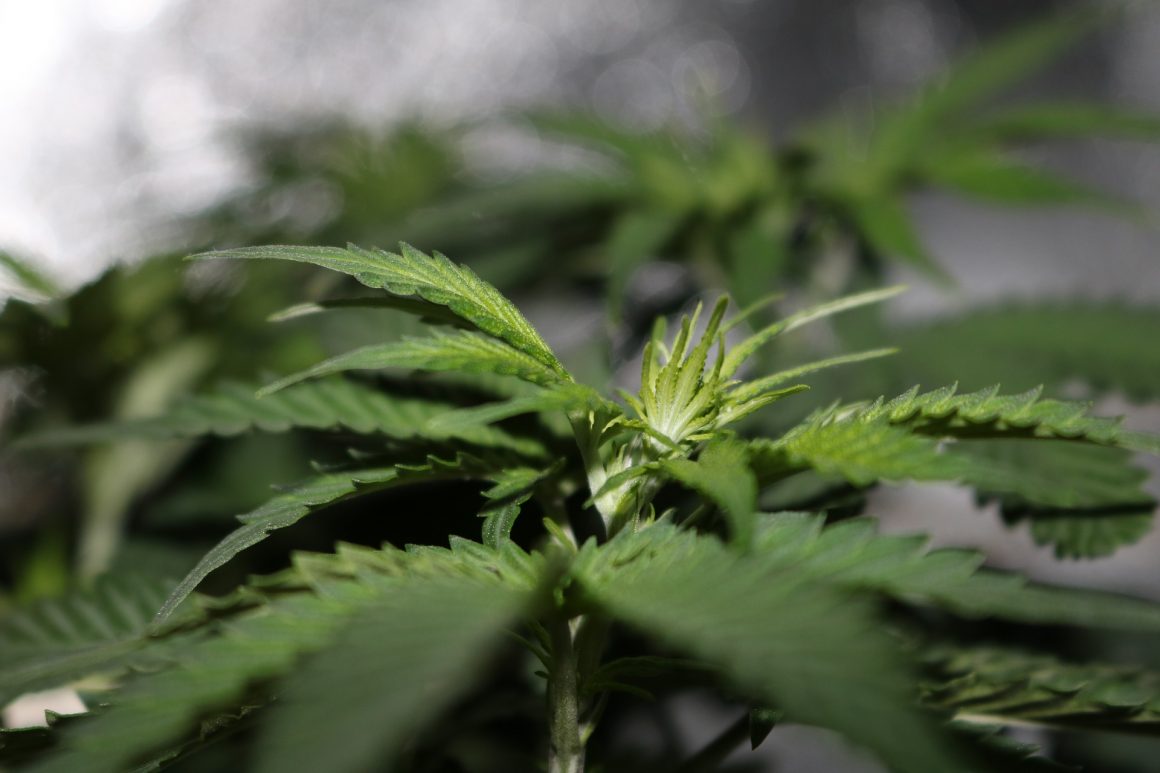
Know the risks of weed before lighting up
By Kent Wong, September 27 2017 —
Weed, marijuana, the Devil’s lettuce, pot, Ganja — all common names for cannabis. Maybe you’re an expert on the stuff or perhaps you’ve only ever taken a puff of someone’s joint at a house party and gagged for the next minute. The pros, cons and risks of using cannabis — whether for recreation or medical use — are complicated.
What is cannabis?
Cannabis is the technical name of the marijuana plant. It comes in various strains, indica and sativa being the most popular. The main ingredient, tetrahydrocannabinol (THC), is a psychoactive agent. THC is what causes increased appetite, known as the munchies, paranoia and a dulling of the senses. These effects depend on method of consumption, the amount consumed and the strain of plant.
What does Canadian law say?
Canadian federal law currently states that possession or cultivation of cannabis is illegal without a permit or prescription. However, illegal possession and sales are prosecuted to varying degrees in different local jurisdictions. There are over 200 dispensaries in Vancouver alone where urchases are completed simply by flashing government ID to prove you’re over 18. You can even smoke it openly in some coffee shops and police don’t typically enforce federal laws for personal use in Vancouver.
In contrast, possession charges are common in rural prairie towns for simply having a joint. It often boils down to the unwritten local laws and the cop’s attitude.
In Calgary, possessing under a gram typically results in a slap on the wrist, unless the cop is strict. Anything resembling a grow-up or sale means jail. And don’t even think about lighting up in public.
Why is it so popular?
Recent research around cannabis as a medical drug has generated some surprisingly appealing results, but your hippie parents probably knew this since the ‘60s. The United States Food and Drug Administration approves the use of THC in oil or pill form to treat nausea and improve appetite.
Medical marijuana may also help anxiety, migraines and depression. There are many conditions it has proven to effects, but health boards are reluctant to slap on the “official” sticker.
Depending on the strain, cannabis also typically induces a euphoric high. Many enjoy the subsequent “mind-opening clarity” and creative kick associated with cannabis.
Medical marijuana prescriptions in Canada
If you’re not cool with buying cannabis from your friend’s sketchy friend, getting a prescription for marijuana in Canada is actually quite easy. There are a few clinics in Calgary that issue prescriptions and sells government-sourced cannabis. These operations are tightly regulated and grow cannabis professionally. You just go and see an in-house physician like at any other doctor’s appointment.
Smoking takes a toll
Smoking marijuana is the most popular form of consumption. But studies show that inhaling burning vegetable matter over a long period of time can lead to hindered lung capacity and other health issues. However, there are better and safer alternatives such as vapourizers and THC/CBD extracts that come in pill and oil form. Most THC-based medications are highly concentrated extracts don’t cause a high but still mediate health conditions.
Consequences of cannabis
Avoid cannabis if you’re interested in interning or working abroad, especially in the U.S. Despite legalization in many states, cannabis is illegal at the federal level. Just admitting you’ve smoked weed can lead to trouble crossing the border.
Entry into any country is a privilege and Canadian laws are irrelevant once you step up to a border agent. Some countries are fine with pot. Others will imprison you for years.
Whether you want to light up for fun or for medical reasons, always consider all your available choices. Be safe and stay within the law.
